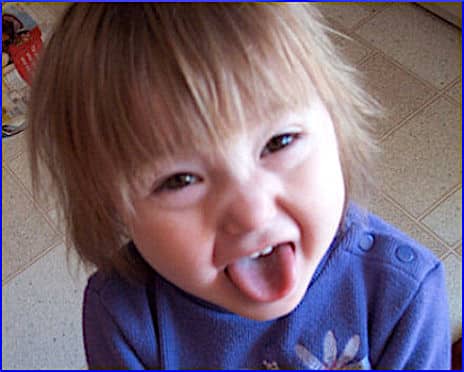
Of course, nobody knows exact numbers about things like obesity, because that would be impossible. And how much would it mean to people anyway? If they’re not concerned about the approximate figure of close to one in five American youth being obese, would an exact number really make any difference?
If 20 out of 100 is not an impressive statistic, would throwing a few more zeroes and decimal points into the mix actually improve comprehension? Could a sense of urgency be cultivated by a fancier number that basically means the same as one-fifth?
What kind of terms would people need to be addressed with, to take this thing seriously? Here is a teaching aid. A hand has five fingers. If somebody comes along and chops off one of those fingers, what’s the problem? After all, you still have four left. Or what if a friend who owes you $5,000, hands you $4,000, and asks, “Are we good?”
National Childhood Obesity Awareness Month
No, we are not good. If one fifth of America’s children are too heavy to be healthy, it’s definitely a situation. These kids will probably wind up with type 2 diabetes, hypertension, and/or heart disease — if they don’t suffer from those or other conditions already.
Repeatedly, journalists and thought influencers pound away at the horrible fiscal reality. Obesity-related costs just devastate public health budgets. Even the most enlightened countries, with the most highly refined sense of responsibility for the greatest public good are floored by the crushing expense of medical care.
Of course, officials have to talk about the cost of the obesity epidemic, because they are in charge of spending the people’s money, and they have to put it to good use. Talking about money is part of the public servants’ job, and really, all citizens should think about how our actions affect the tax burden. Big numbers attract people’s attention, and can even be said to raise awareness.
Sometimes we forget to consider the personal ramifications of this problem. One child in five copes with the side effects of obesity, whether it’s strictly personal, like sweating in inconvenient places, or painfully apparent, like being teased or bullied.
To raise awareness about the human cost, we recommend some past Childhood Obesity News posts, including:
- “Are Obese Kids Miserable? Yes.”
- “Up-to-Date Quality of Life Roundup”
- “Obese Youth and Motivation”
- “Sorrow and Silence”
Early care and education
The Administration for Children and Families is a government body concerned with early care and education. Children who are in day care are essentially in a second home, a place where they eat, nap, play, and learn to relate to others. The providers of early care and education in these settings are charged with exercising the same level of care that ideally would be practiced by the best parents for the sake of their own children.
Care providers are urged to collaborate with other community programs; figure out ways to incorporate the most movement into teaching; talk with kids about what they are eating and let them in on the preparation if possible. Even such concepts as hand-washing are sometimes necessary to include.
As always, it is important to remember that the younger a child is when a habit is acquired, the better it will stick. And the younger a child is when she or he crosses the line into obesity, the harder it is to shake off.
Your responses and feedback are welcome!
Source: “September is Childhood Obesity Awareness Month,” Health.gov, 09/14/17
Photo credit: Gary & Anna Sattler via Visualhunt/CC BY

 FAQs and Media Requests:
FAQs and Media Requests: 











